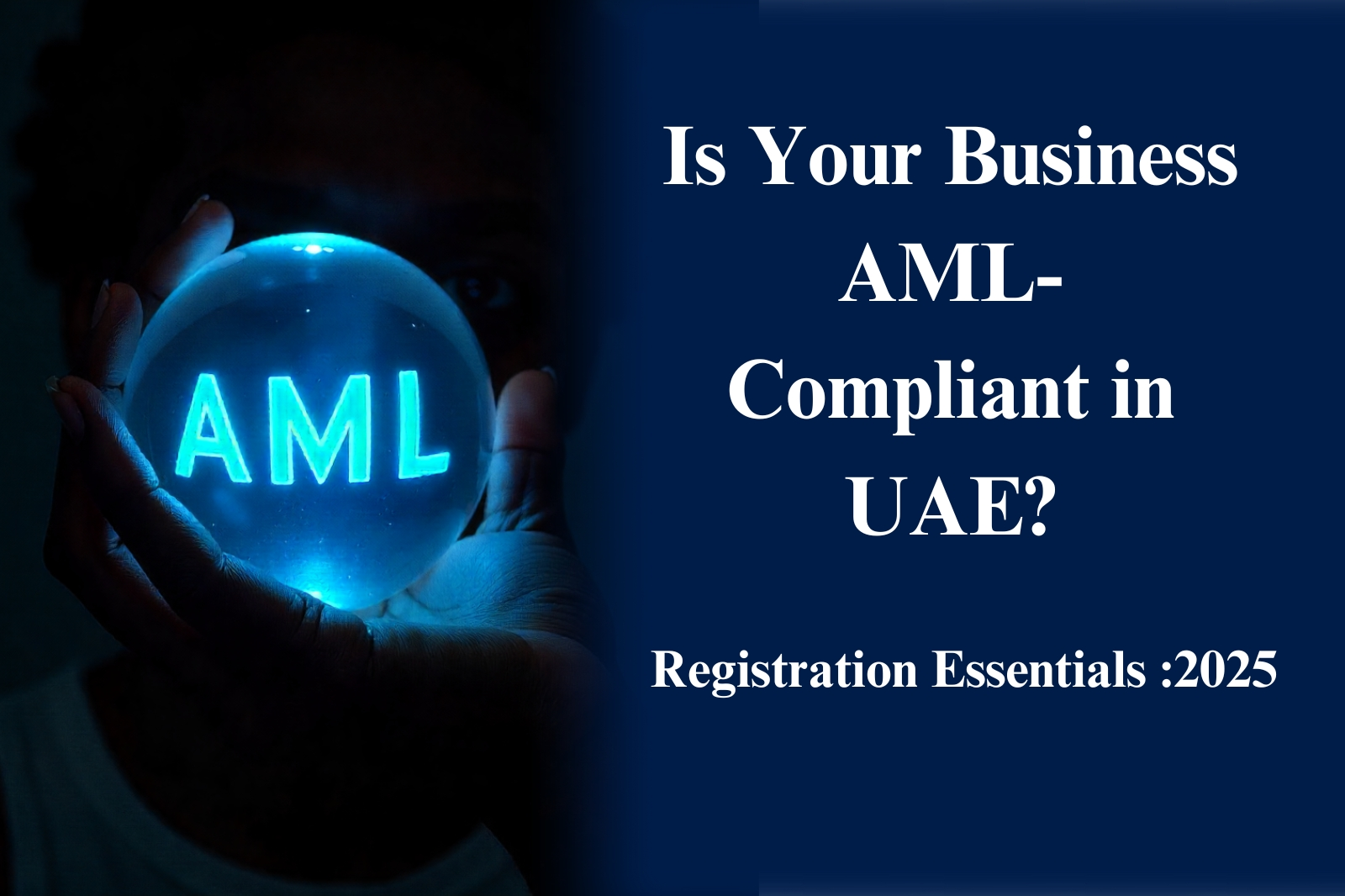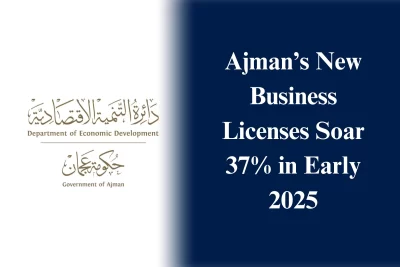Anti-money laundering registration (AML) in UAE is mandatory for certain businesses, making it harder to engage in illegal activities and easier to assume liability, thereby safeguarding the economy. If you’re running companies in sectors like real estate, crypto, precious metals, or professional services, you must register for anti-money laundering to operate legally.
The government has mandated businesses operating in sectors that are high-risk for terrorism and money laundering, which include FIs, DNFBP, and VASPs. You will receive an Org ID, a unique identification number, after completing the AML registration. The ID number is necessary for portal access and future reporting. Businesses can also outsource reporting services to third parties, but both entities must register on the goAML portal and have official access.
Let us look at a step-by-step guide on how to register on AML in the UAE.
What is Money Laundering? – Anti Money Laundering Registration (AML) in UAE
According to the UAE’s Ministry of Economy, “Money laundering means any banking or financial transaction used to cover up or disguise the illegal funds, to avoid their detection through banking and financial systems and to reinvest them.”
Money laundering includes three essential phases,
- Depositing dirty money into the financial systems.
- Concealing the criminal origin of the dirty money.
- Creating an apparent legal origin for the proceeds of crime.
What is AML Registration? – Anti Money Laundering Registration (AML) in UAE
AML registration means your company is on record with the UAE government, indicating that you comply with anti-money laundering regulations.
In the UAE, the Financial Intelligence Unit (FIU) oversees AML registration and runs the goAML portal. Depending on the type of business, you must also deal with other regulatory authorities such as the Ministry of Economy, the Central Bank, and the Dubai Financial Services Authority.
These authorities ensure you are following the requirements, such as doing internal checkups, appointing a compliance officer, and staying vigilant of any suspicious activity.
Who Must Do Anti Money Laundering Registration (AML) in UAE?
Not every company needs to register for anti-money laundering; however, if you deal with high-value assets, money, or professional services, you may be on the list.
The following businesses must register on the goAML portal and follow AML rules as per the UAE government.
| Categories | Examples |
| Real Estate Sector | Brokers, agents, and developers working with property transactions. |
| Financial Institutions (FIs) | Banks, exchange houses, and insurance companies. |
| Accounting and Audit Firms | Auditors, accounts, and tax advisors |
| Dealers in Precious Metals and Stones (DPMS) | Gold and diamond dealers, as well as jewelry businesses. |
| Legal Professionals | Law firms, notaries (involved in asset or financial transactions) |
| Virtual Asset Service Providers (VASPs) | Digital wallet providers, crypto exchanges |
| Corporate Service Providers | Firms offering company formation and nominee director services |
It is essential to keep in mind that if your business isn’t directly involved in money, offering services that can be used to move or hide money can put you on the watch list. Therefore, you must verify with an expert to find out if you need to register for AML and stay safe.
What are the Steps of AML Registration in Dubai? – Anti Money Laundering Registration (AML) in UAE
The AML registration process typically involves the following steps,
Confirm if Your Business Need Registration
The first step is to check if your company falls under any categories mentioned above, and then double-check with a consultant. If it applies to you, start the registration process.
Assign Compliance Officer & Assemble Documents
Appoint a compliance officer as your AML point of contact. Necessary documents include Emirates ID, passport, visa, and authorization letter, which will be attached to the registration application. Also, provide a business license and company ownership information.
Pre-Registration via SACM
Register on the Service Access Control Manager (SACM) portal to access the goAML system and provide information. Through this step, you will get login details and authentication for secure sign-in.
Log in to go to AML and set up a Profile
The next step involves logging into the goAML portal using the login details and completing your company’s profile. Provide business details, compliance officer credentials, and assign the relevant regulatory authority.
Wait for Approval & Get Org ID
After submitting your application, relevant authorities review it, and once approved, you’ll receive your goAML Organization ID. The Org ID links your business to the system for reporting.
Prepare Internal AML Controls
Prepare your AML policy, which includes transaction monitoring, custom checks, and risk assessment, as the regulators may ask for it during the process.
Start reporting through the goAML Portal
Once you register, start reporting high-risk dealings, suspicious transactions, or flagged clients through the goAML portal.
Make sure to follow every step mentioned above to get approval and stay on the right side of the UAE regulatory authorities.
What Documents do Authorities Require for Registration? – Anti Money Laundering Registration (AML) in UAE
Before starting your AML registration, make sure to gather the proper paperwork to get approval from the authorities. If any documents or information are missing, the authorities will reject your application.
Here’s what you need,
- A valid trade license for your business.
- Emirates ID, a copy of the passport, and the residence visa of the appointed AML compliance officer.
- Credentials of owners and partners, along with a list of business activities.
- Authorization letter for the compliance officer to act on behalf of the firm for AML matters.
- Phone number and email address for communication.
- Install the “Google Authenticator” app on the compliance officer’s phone for authentication during goAML access.
- Additional approvals or permits related to your business activities (if applicable).
Some authorities may require additional paperwork, so it is wise to check twice before you submit your documents.
What are the Consequences of Non-Compliance with AML Laws?
The UAE has zero tolerance for companies that ignore anti-money laundering regulations, imposing high penalties on their reputation and finances.
| Violation | Penalty |
| Not registering on goAML | AED 50,000 to 5,000,000 |
| Not the appointment of a Compliance Officer | Heavy fines + possible business audit/evaluation |
| Incorrect/Incomplete paperwork | Delays or application rejection |
| Delay or missing SAR/STR submission | Fines + regulatory inspection |
| Not applying internal AML controls | Suspension of license |
| Repeated violations | Criminal investigation or possible prosecution |
As you can see, the AML warnings are not light. They can have a significant impact on your finances and reputation if you miss the registration deadline or fail to report suspicious activity.
Therefore, manual checkups are insufficient for compliance; instead, you need more intelligent infrastructure. These tools handle PEP screening, KYC verification, and UBO checks in real-time to reduce load without compromising on the quality.
Federal Anti-Money Laundering Courts
In November 2021, the UAE’s Minister of Justice issued the ministerial resolutions to set up specialized courts for money laundering crimes within the regulations of the federal judiciary in the courts of Ajman, Sharjah, Fujairah, and Umm Al Quwain. Each court will be responsible for hearing these types of crimes in the UAE.
Bottom Line
As you’ve gathered, anti-money laundering registration (AML) in the UAE is mandatory for certain businesses to stay compliant. Firms across real estate, gold trading, financial services, and professional services must register and implement AML laws and train their teams. AML training not only ensures protection from heavy fines and penalties but also increases credibility and trust among clients and authorities.
At Alriyady, our expert team can help you fully understand AML regulations with practical knowledge, regulatory insights, and real-world examples to identify and avoid financial crimes. We can also assist you with the UAE Golden Visa, corporate tax, and other related matters.






